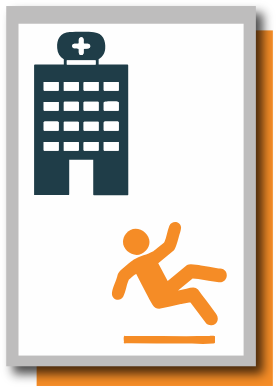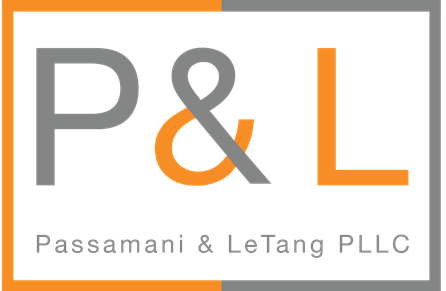PASSAMANI & LETANG PLLC
Wrongful Death Actions
Personal injury actions are legal claims brought by individuals who have been physically, emotionally, or financially harmed due to someone else’s negligence or wrongful conduct. These cases often involve car accidents, slip-and-falls, defective products, or other incidents where safety was compromised. Victims may be entitled to compensation for medical expenses, lost income, pain and suffering, and other damages. Our firm is dedicated to guiding clients through every step of the personal injury process, from investigation to negotiation and litigation, with the goal of securing the justice and recovery they deserve.
Wrongful death actions are complex litigation. We can help.
1. Determine Eligibility to File
Identify who has the legal right to bring the claim—typically, the personal representative of the deceased’s estate under Montana law.
2. Investigate the Death
Gather evidence related to the cause of death, including medical records, accident reports, witness statements, and expert opinions.
3. Establish Legal Grounds
Show that the death was caused by another party’s negligence, recklessness, or intentional act.
4. Open the Estate (if not already opened)
File for probate and have a personal representative appointed to handle legal matters, including the wrongful death claim.
5. Calculate Damages
Identify and document losses such as medical expenses, funeral costs, lost income, loss of companionship, and pain and suffering.
6. File the Wrongful Death Lawsuit
Draft and file the complaint in the appropriate court, naming the responsible party (or parties) as defendants.
7. Serve the Defendants
Officially serve the defendants with the lawsuit and allow time for a legal response.
8. Pretrial Discovery
Both sides exchange evidence, conduct depositions, and may use expert testimony to build their cases.
9. Settlement Negotiations or Mediation
Attempt to resolve the matter outside of court through negotiation or mediation.
10. Trial (if necessary)
Present the case in court, where a judge or jury will determine liability and damages.
11. Judgment and Collection
If successful, the court awards damages. The personal representative ensures the proceeds are distributed according to law and court orders.






